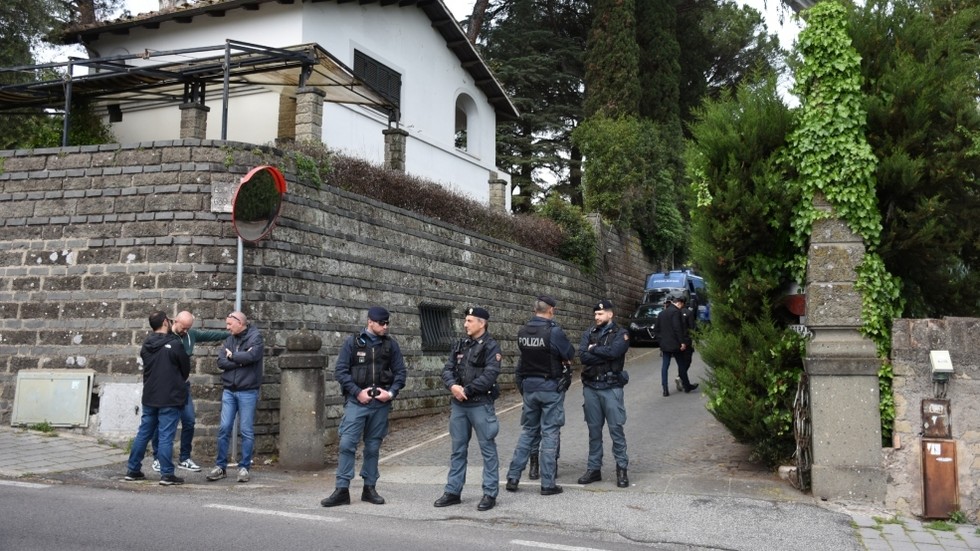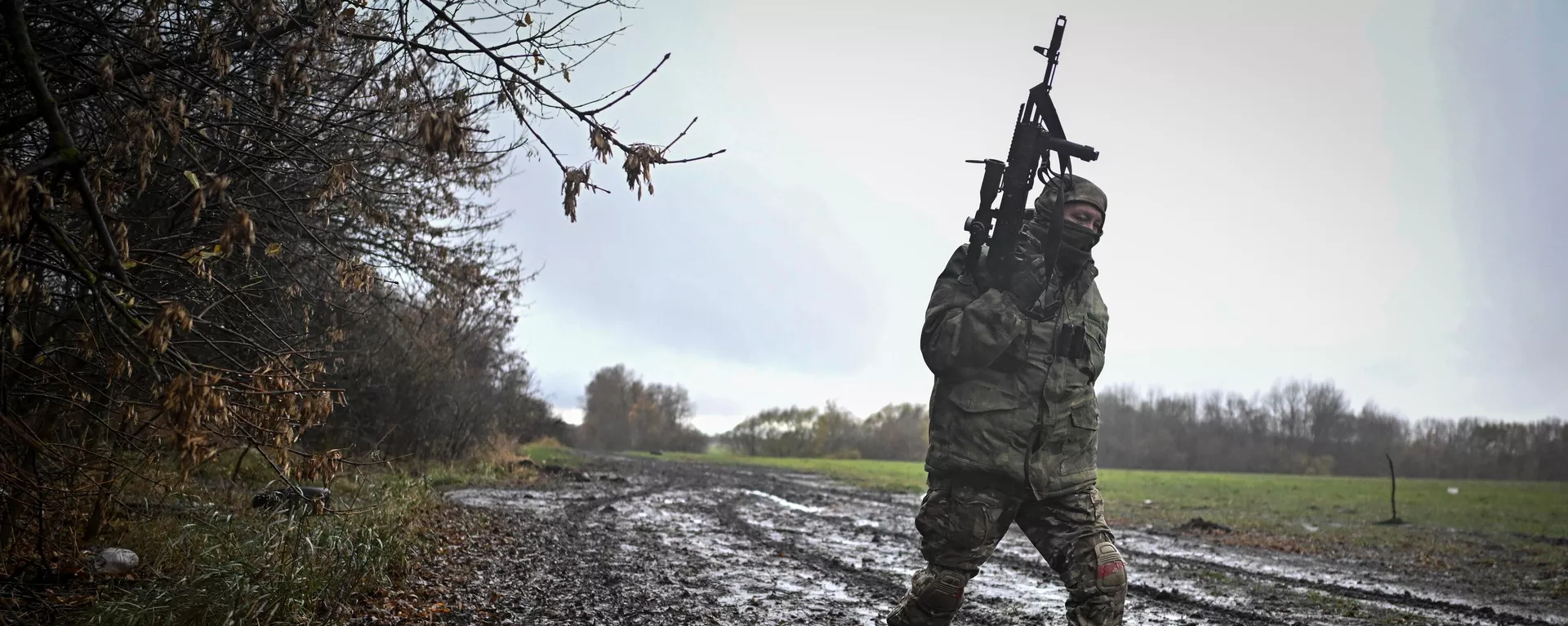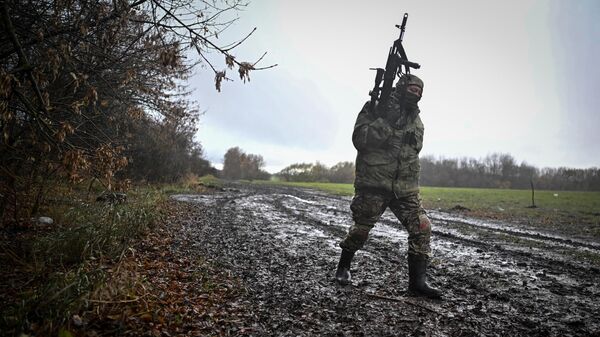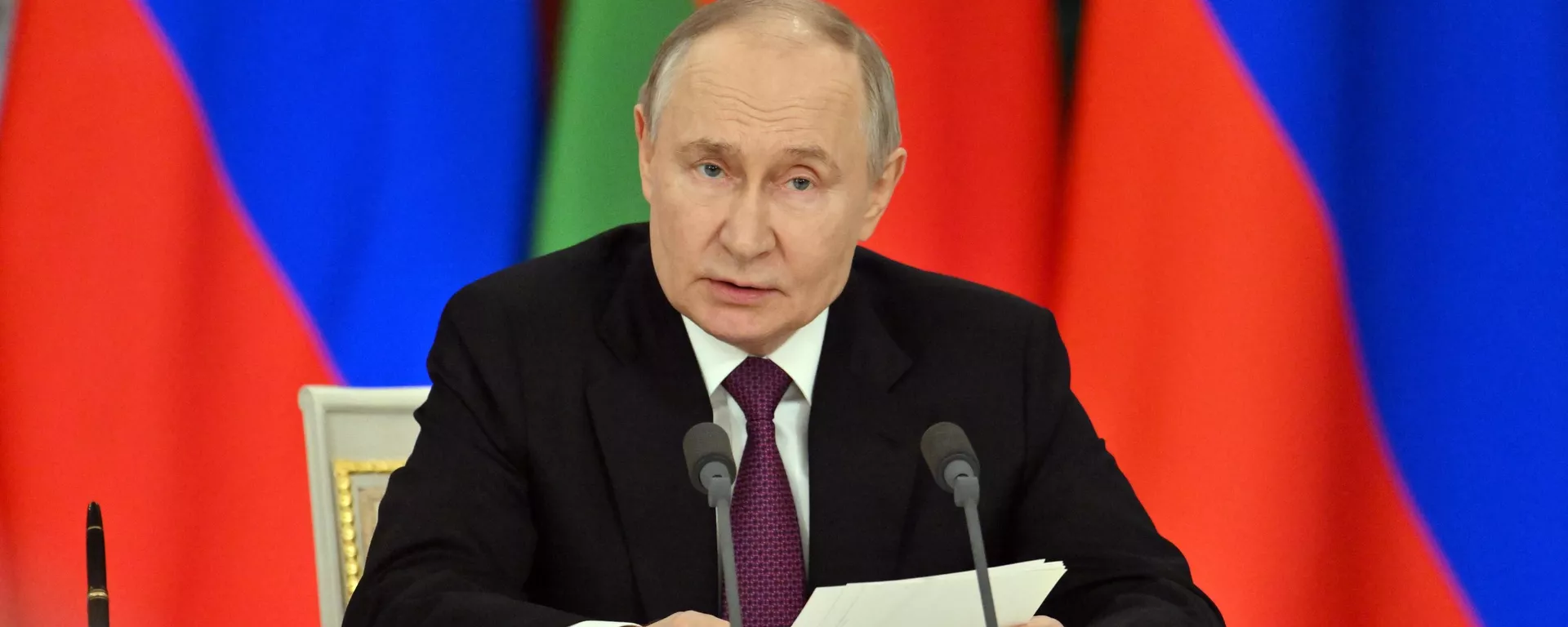Set on Ukraine's eastern front, Kurakhove is surrounded on three sides, with Russian forces just under three kilometres from the devastated city centre.
Yet between 700 and 1,000 local residents remain, most of them living in the basements of apartment buildings, without running water, heating or electricity. The only place to charge phones is in the basement of the building now housing the city administration.
The exact number of people is impossible to determine because, since mid-October, no humanitarian volunteers have come to Kurakhove.
Under attack from artillery, multiple rocket launchers, aerial bombs and drones, Kurakhove has become the new Bakhmut, as Russia continues its drive westward to capture all of the Donbas region. On Friday, Ukrainian President Volodymyr Zelenskyy called the situation in Kurakhove, as well as the key city of Pokrovsk, “the most challenging.”
The hospital, schools, kindergartens, water treatment plant, refugee centre, post office, technical school and cultural centre have all been destroyed. Smoke hangs in the air as bombed-out apartment buildings burn against a backdrop of artillery fire and drones.
Artillerymen of the 33rd Brigade say they are firing around 50 shells per day on the Kurakhove front, indicating critical activity in the Russian army’s offensive operations and the brigade's desperate attempts to stop Russian forces from encircling the city.
Local authorities remain in the city, as well as representatives of the police and local Territorial Defence Forces.
For Artem Shchus, head of police in Kurakhove, there is little hope of defending the city if it becomes surrounded.
“I don’t think it is possible, considering the reality of modern war and modern technologies. In that case, the logistics could be performed only by drones,” he says.
Shchus calls the road to Kurakhove, which is lined with burned-out civilian vehicles, the “road of death,” due to persistent Russian drone attacks. Five civilians have been killed while trying to leave.
No supplies would enter the city without the “White Angels” evacuation group, made up of local police officers and volunteers. They provide first aid to the wounded and remove the bodies of those killed in shelling, all while operating the city's only functioning food store.
The White Angels bring in vital supplies in an armoured vehicle kitted out with electronic warfare equipment — the only way to enter the city, and still a journey fraught with risk.
“Without REB (jammers) it is just a lottery. With it, you might still have a chance to survive,” Shchus says.
The only way to escape the city is to travel with the White Angels. Each day, they risk their lives to evacuate between six and 12 people from different parts of the city and surrounding villages.
Although children are meant to have been evacuated, parents often hide them, both from the bombs and from law enforcement officers. Among the White Angels' key missions is to find children and persuade their parents to evacuate.
When this mission is successful and children are removed from the basements, many are shocked by the state of the destroyed city, suggesting that they have been hiding underground for quite some time.
After dressing the children in bulletproof vests and helmets, the White Angels take them to the nearby city of Kostyantynopil, from where other volunteers transport them to refugee registration points in the regional centres of Dnipro or Zaporizhzhia.
“We evacuate people every day without stopping. We just dropped people off in Kostyantynopil, and we still have addresses to go through today,” Shchus explains.
Asked about adapting to work in such challenging and dangerous conditions, the police chief worries about the impact on his team.
“I think everyone has already adapted. I wouldn’t even call it ‘adaptation.’ It's more like an unhealthy state of mind. I don’t know how this will influence them socially in the future,” he says. “These people are living in inhumane conditions, and they're surviving on adrenaline. The war is their life. These are hard conditions to work in, but everyone is working.”

 5 months ago
48
5 months ago
48






 We deliver critical software at unparalleled value and speed to help your business thrive
We deliver critical software at unparalleled value and speed to help your business thrive






 English (US) ·
English (US) ·